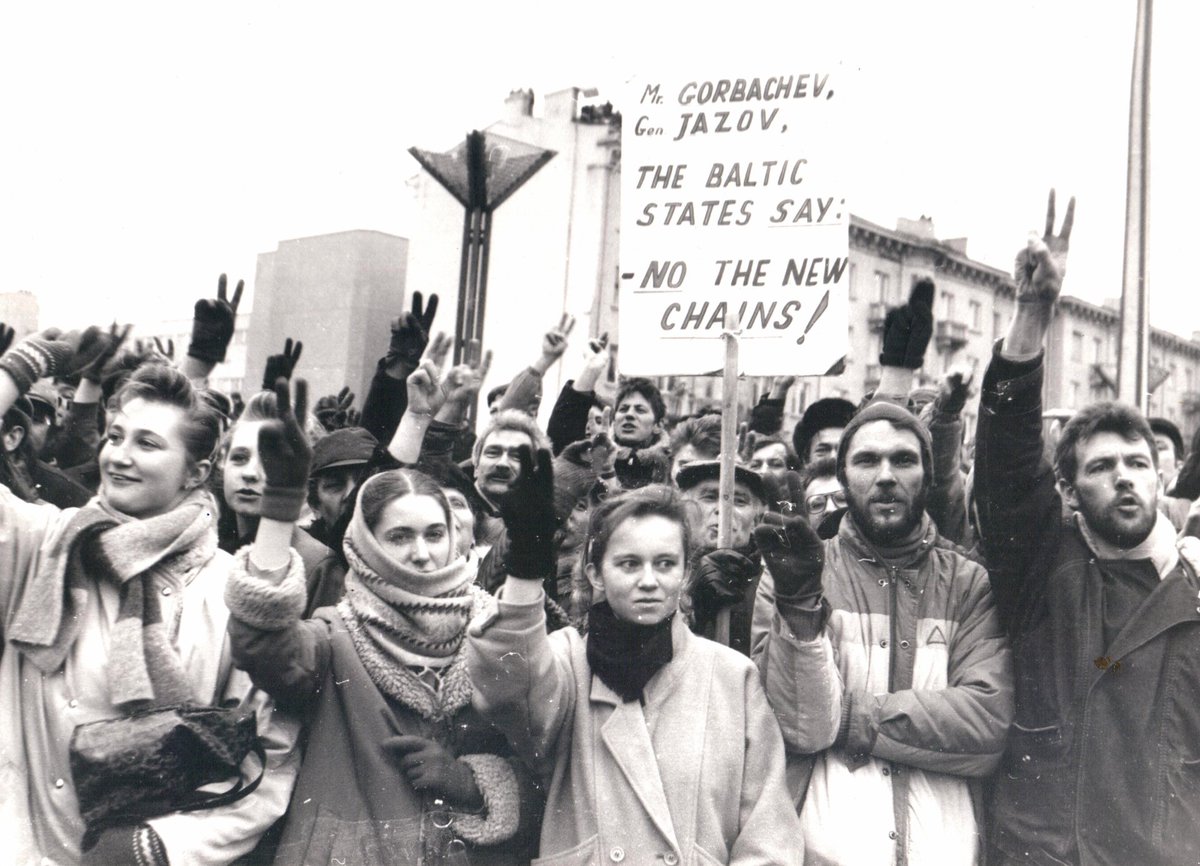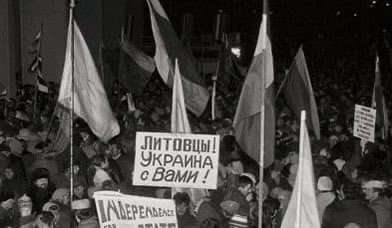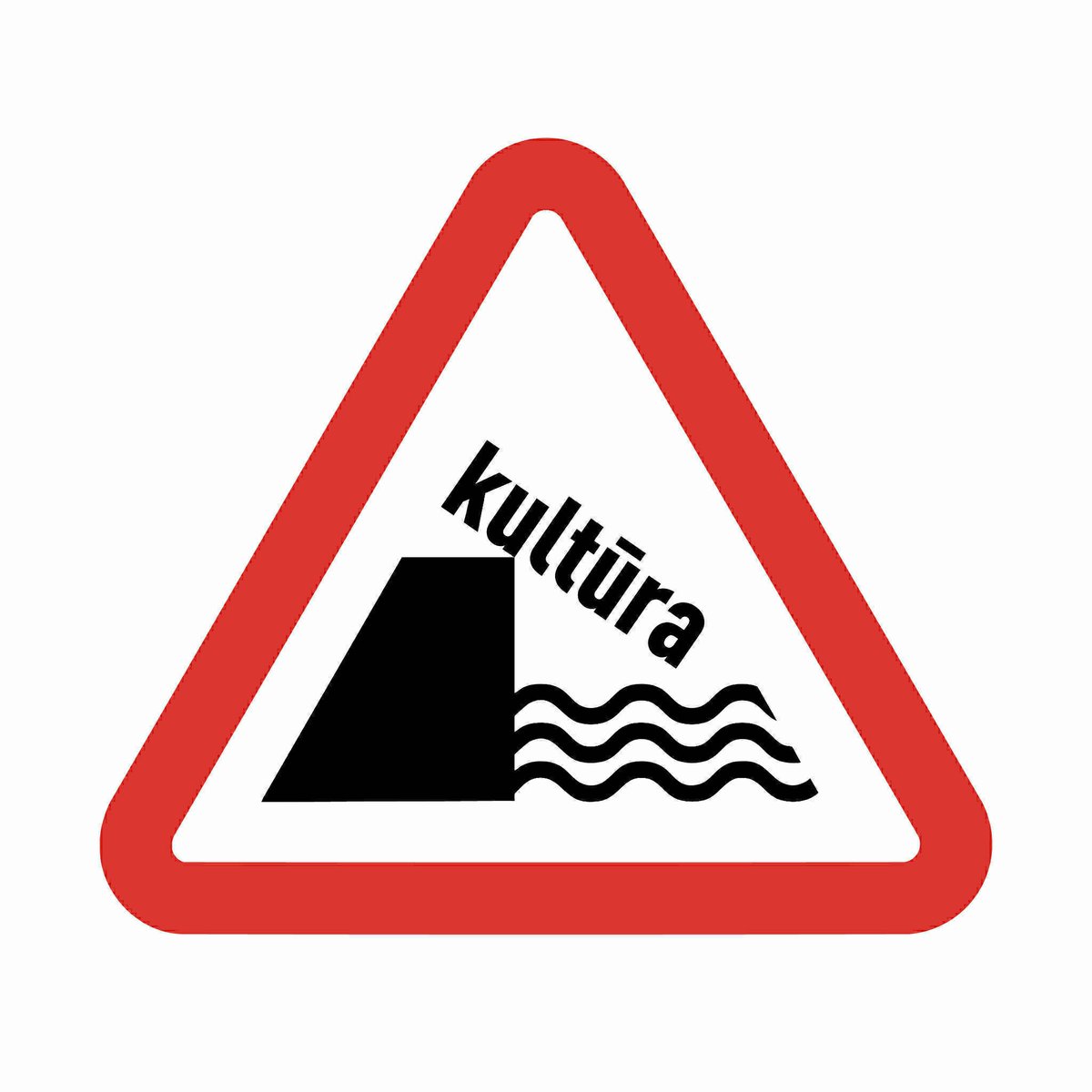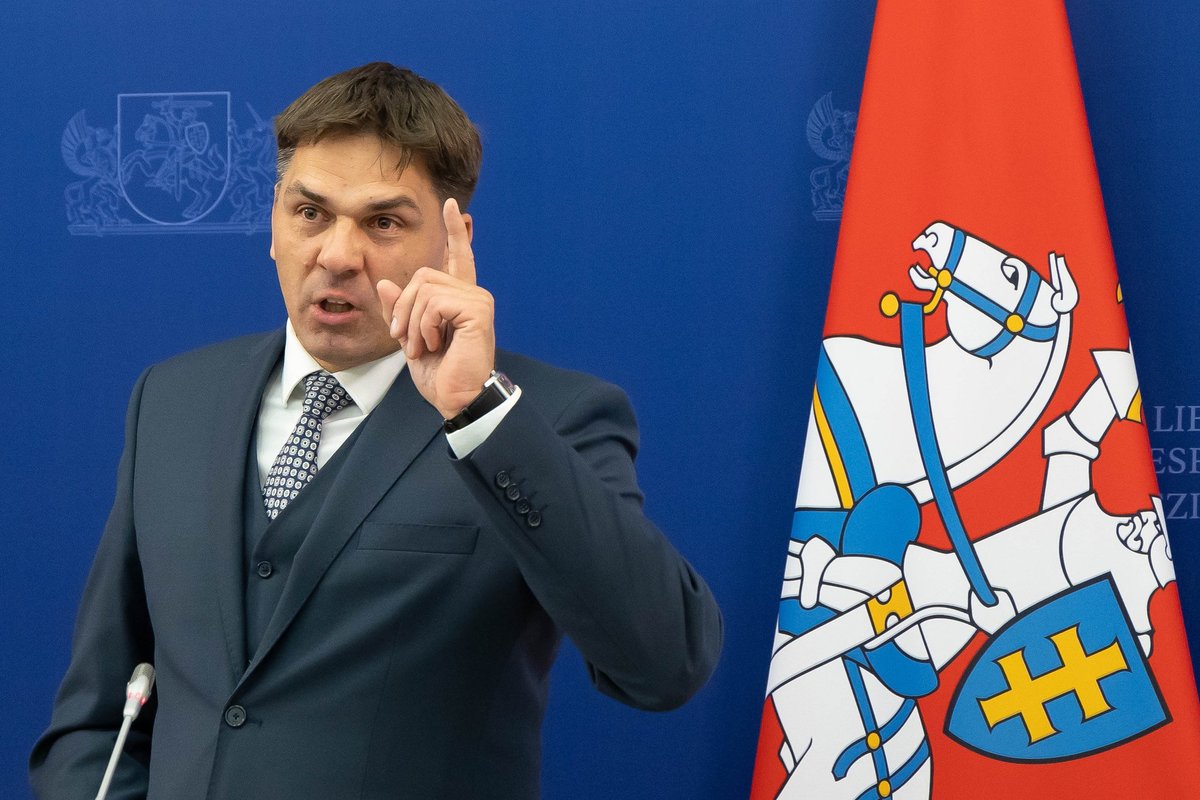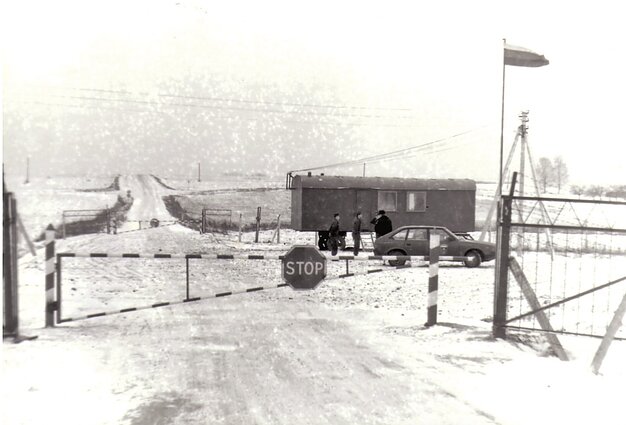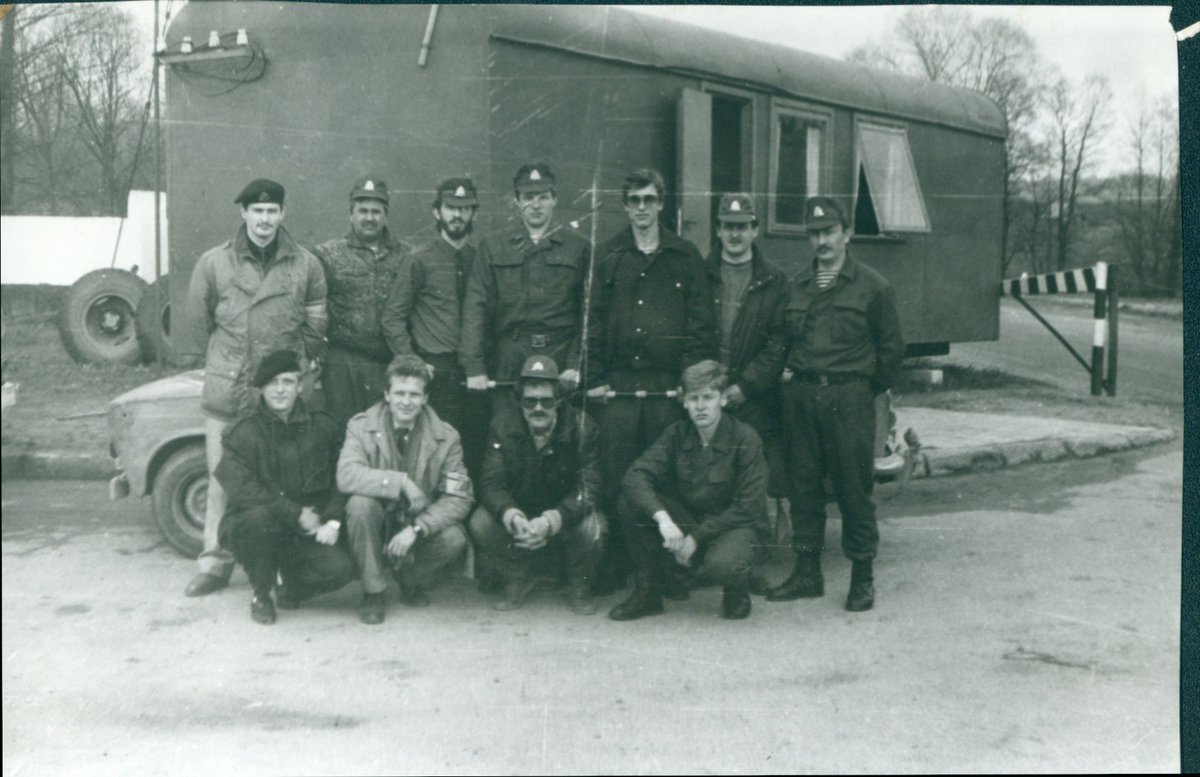This is me as a little pup, aged 5. My little sister is almost 3.
It’s January 1991, and we are in Vilnius, Lithuania 🇱🇹
Something scary is about to happen on this day.
Walk with me on this journey through old memories… 🧵
It’s January 1991, and we are in Vilnius, Lithuania 🇱🇹
Something scary is about to happen on this day.
Walk with me on this journey through old memories… 🧵

It’s January 11, a very cold and snowy day.
I’m with my mother near the Vilnius Press House. We are standing very close to where this picture was taken.
It’s so cold, I can’t feel my toes.
Trucks with full of russian soldiers arrive. 🧵
I’m with my mother near the Vilnius Press House. We are standing very close to where this picture was taken.
It’s so cold, I can’t feel my toes.
Trucks with full of russian soldiers arrive. 🧵

The previous March, Lithuania decided to end its illegal occupation and declared independence from the soviet union, the first republic to do so.
The soviet union decided to react with force.
The soldiers now start beating people with the butts of their rifles. 🧵
The soviet union decided to react with force.
The soldiers now start beating people with the butts of their rifles. 🧵

The Parliament is barricaded.
I visited it with my parents a few times the previous week.
Enormous crowds of people are guarding it, and trying to keep warm by singing songs.
We are served hot tea. Very hot.
I have never seen so many people in my short life. 🧵
I visited it with my parents a few times the previous week.
Enormous crowds of people are guarding it, and trying to keep warm by singing songs.
We are served hot tea. Very hot.
I have never seen so many people in my short life. 🧵
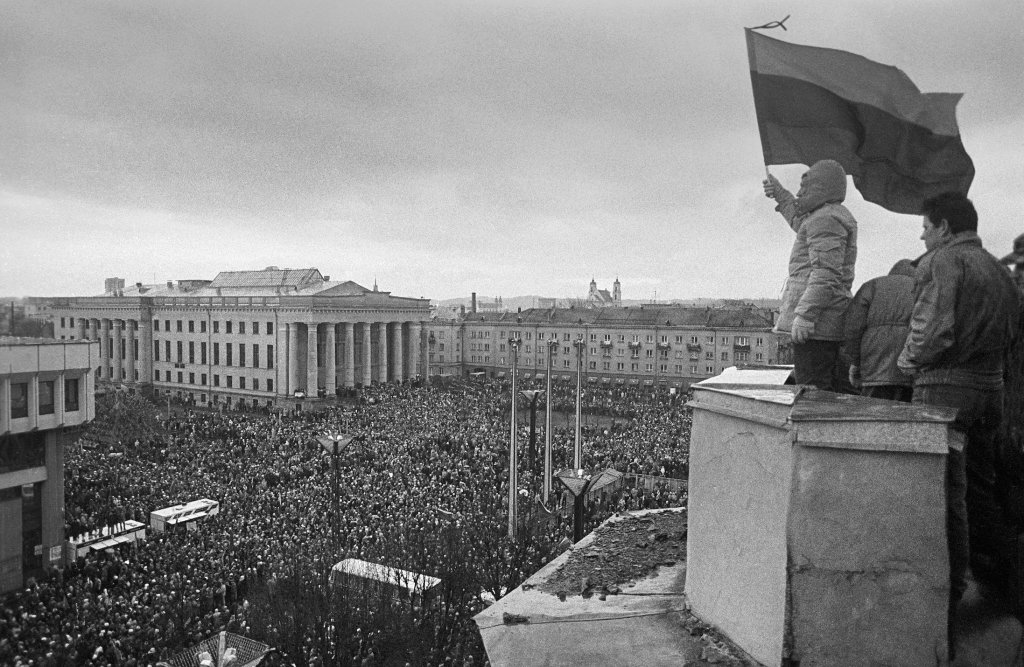
“Freedom is the heart of Lithuania”
“Independence”
“Occupiers go away!”
You can still see pieces of these barricades displayed in front of the Parliament building today.🧵
“Independence”
“Occupiers go away!”
You can still see pieces of these barricades displayed in front of the Parliament building today.🧵
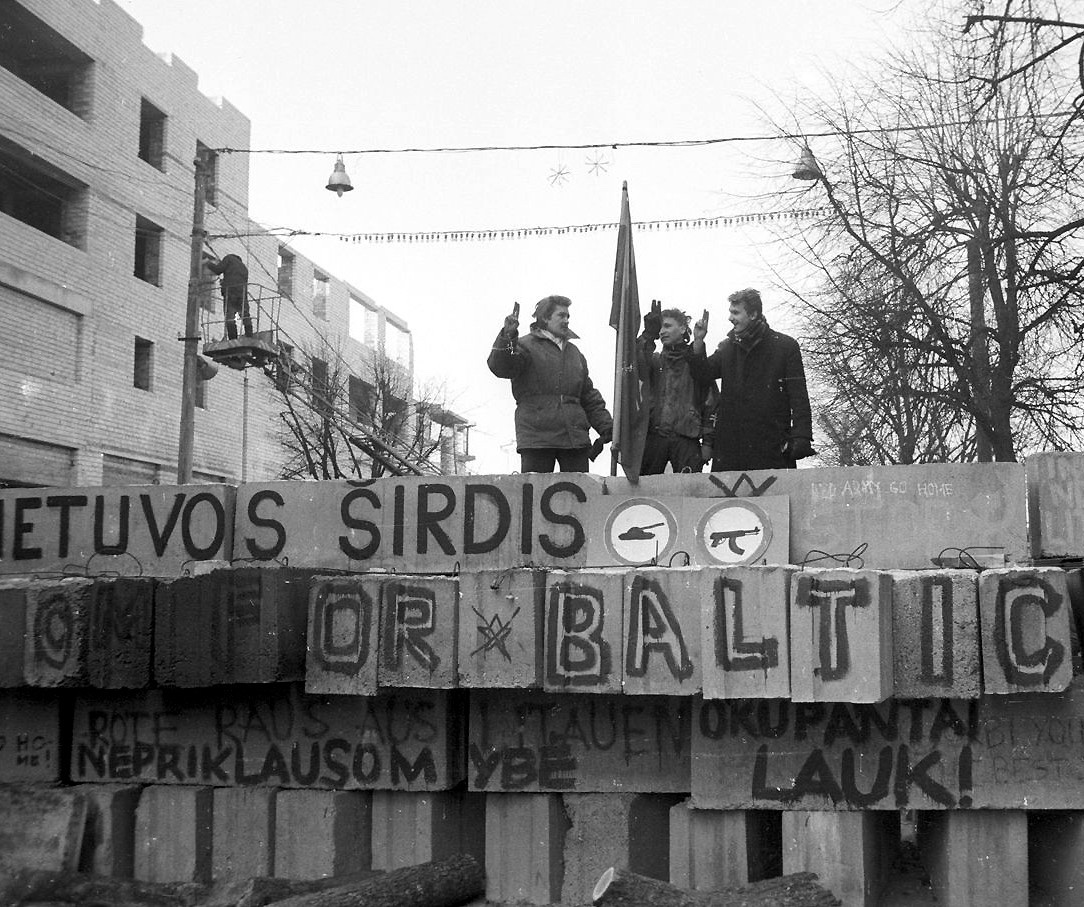
After the Press House was taken by the soviet army, people focused on the Parliament and the TV tower.
Which was broadcasting live the whole time, journalists barricaded themselves inside.
Outside, a crowd of people.
And russian tanks arriving…🧵
Which was broadcasting live the whole time, journalists barricaded themselves inside.
Outside, a crowd of people.
And russian tanks arriving…🧵
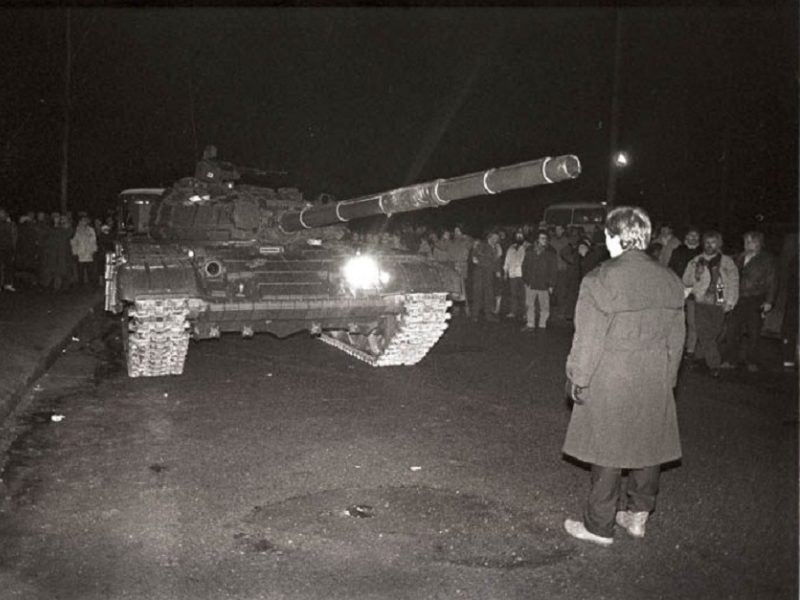
In the evening of January 12, a neighbour knocks on our door.
Him and my father leave to join the crowd of civilians guarding the TV tower.
In the crods there’s a 19 year-old girl Loreta.
She doesn’t know it, but a nearby street will soon be called in honour of her.🧵
Him and my father leave to join the crowd of civilians guarding the TV tower.
In the crods there’s a 19 year-old girl Loreta.
She doesn’t know it, but a nearby street will soon be called in honour of her.🧵
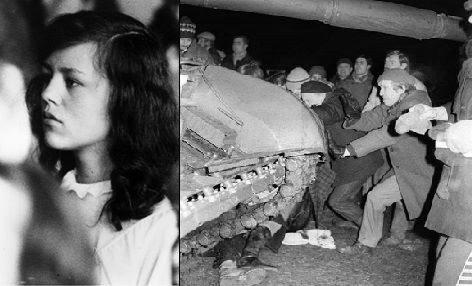
My little sister, my mother and I stay at home and wait.
The last image on TV: a russian soldier running towards the camera. Then, nothing.
The night seems endless.🧵
The last image on TV: a russian soldier running towards the camera. Then, nothing.
The night seems endless.🧵

In the morning, my father returns. He’s OK.
But hundreds of people have been injured and 14 died.
The doctor who treated Loreta later said she had visible marks where a tank had driven over her.
She had no chance.
A terribly sad morning in Vilnius.🧵
But hundreds of people have been injured and 14 died.
The doctor who treated Loreta later said she had visible marks where a tank had driven over her.
She had no chance.
A terribly sad morning in Vilnius.🧵

Windows of apartment buildings everywhere look like this.
I ask my mother why. She says it’s to stop the glass from shattering in case of explosions.
Tanks and trucks full of russians.
My little sister sings a silly song about them.
I stop her, terrified that they’d hear us.🧵
I ask my mother why. She says it’s to stop the glass from shattering in case of explosions.
Tanks and trucks full of russians.
My little sister sings a silly song about them.
I stop her, terrified that they’d hear us.🧵
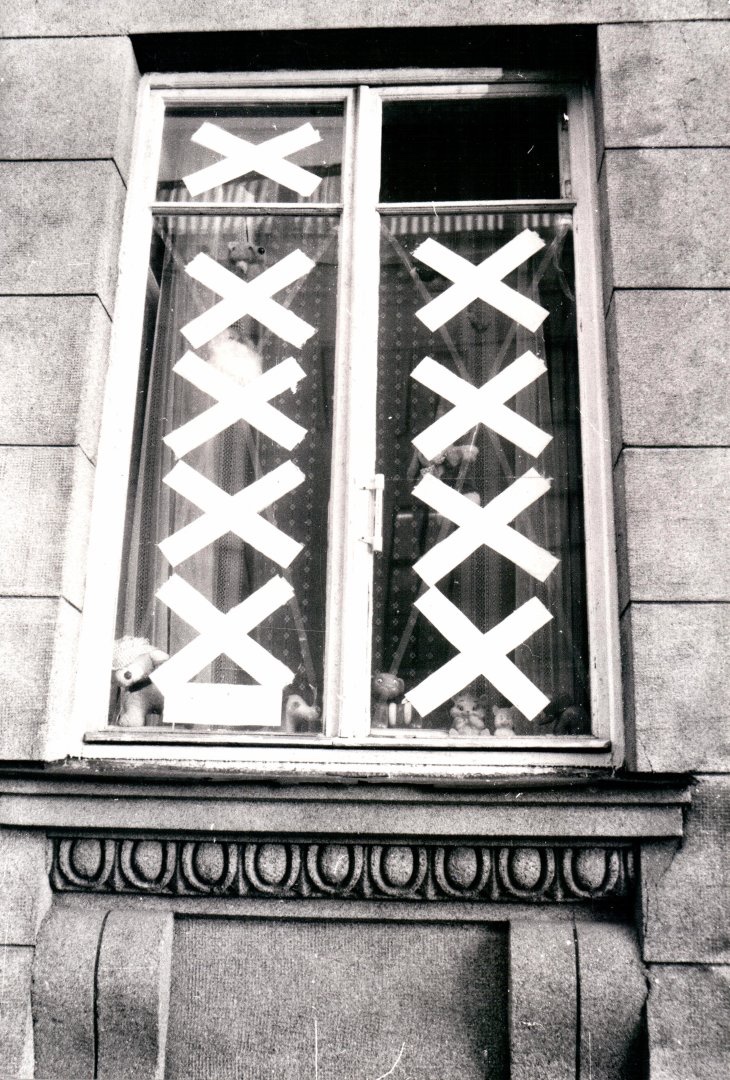
The 14 civilians killed by russians while protecting Vilnius TV tower on the night of January 13, 1991 🧵 
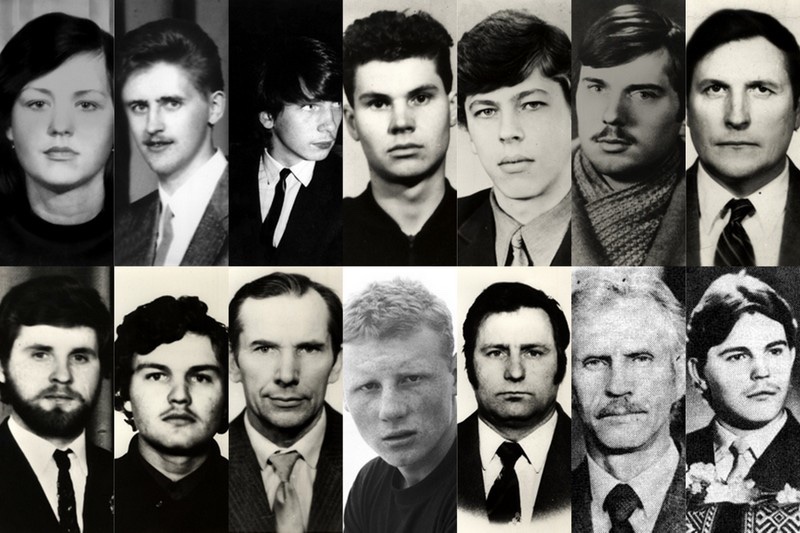
We didn’t know it then, but it became obvious soon: evil did not prevail.
After pressure from the West, the soviet army stops advancing.
Just 3 weeks after these events Iceland becomes the first country to officially recognise Lithuanian independence.
Thank you, Iceland! 🇮🇸
🧵
After pressure from the West, the soviet army stops advancing.
Just 3 weeks after these events Iceland becomes the first country to officially recognise Lithuanian independence.
Thank you, Iceland! 🇮🇸
🧵
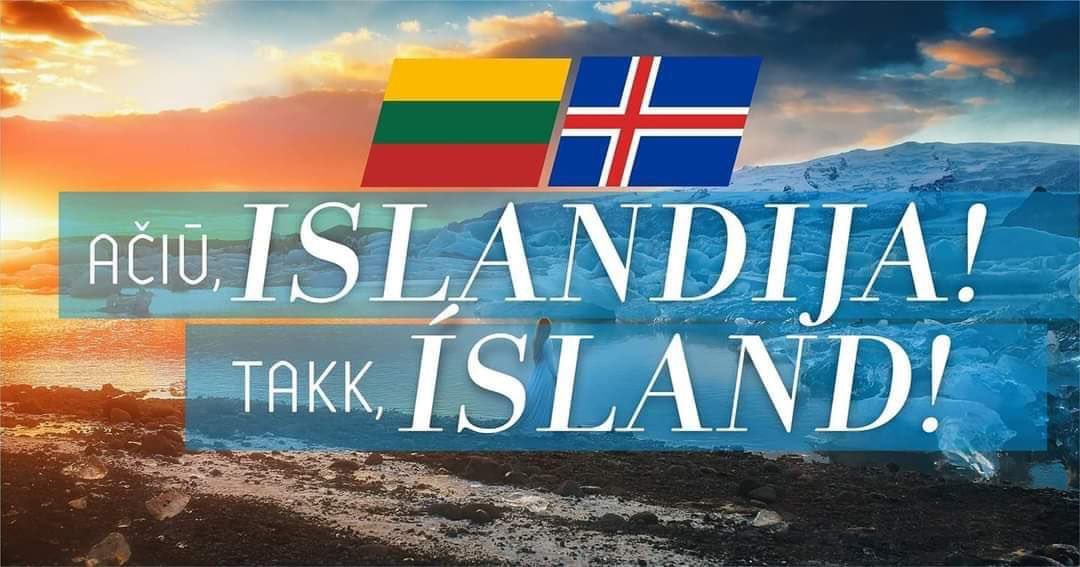
Time goes by.
A street is named after Iceland in Vilnius ❤️🇮🇸
I grow up.
Internet. Mobile phones.
Studies abroad. International friends.
Time flows, softly.
January 1991 events seem like a dream, dissolving in the warm glow of the morning.
Distant. Was it even real? 🧵
A street is named after Iceland in Vilnius ❤️🇮🇸
I grow up.
Internet. Mobile phones.
Studies abroad. International friends.
Time flows, softly.
January 1991 events seem like a dream, dissolving in the warm glow of the morning.
Distant. Was it even real? 🧵
The little pup, who is still very much a part of me, realises that the nightmare was real.
Is real, it’s here and now.
For 2 weeks, my body cannot stop shaking, it’s visible to everyone around me.
I see a weird vision (not a dream, because I’m not sleeping)…🧵
Is real, it’s here and now.
For 2 weeks, my body cannot stop shaking, it’s visible to everyone around me.
I see a weird vision (not a dream, because I’m not sleeping)…🧵
I understand completely how crazy it sounds, but in my mind, I see a vision of a sort of giant horrible wheel. Similar to the one in this painting.
But it’s made of bits of flesh, and it’s rolling over Ukraine, destroying everything in its path.🧵
But it’s made of bits of flesh, and it’s rolling over Ukraine, destroying everything in its path.🧵
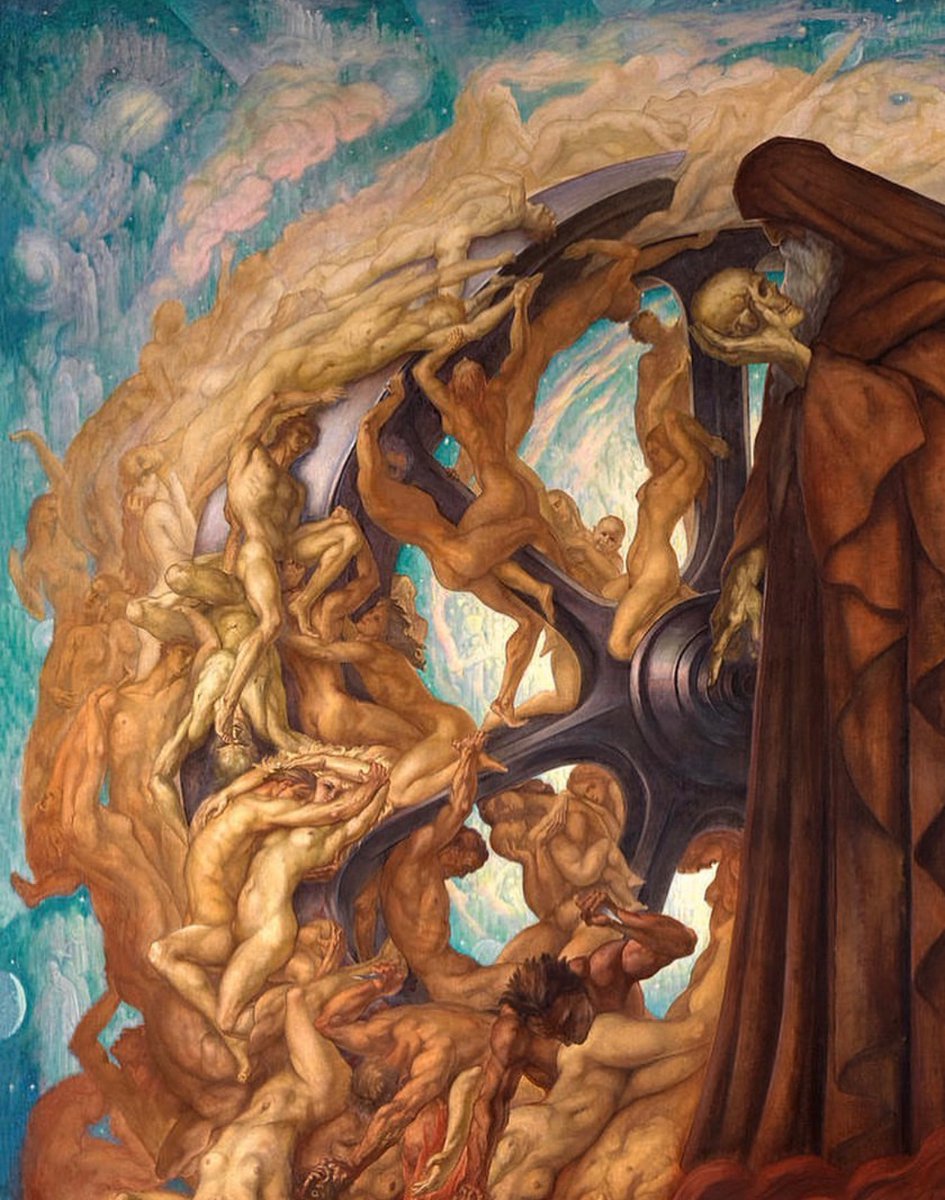
I’m far from the atrocities, but I see no difference between the Ukrainian people and myself.
I’m in physical pain and feel like throwing up all the time.
I’m that 5 year-old again, trying to shush my little sister, or the russians might hear her song and come to kill us.🧵
I’m in physical pain and feel like throwing up all the time.
I’m that 5 year-old again, trying to shush my little sister, or the russians might hear her song and come to kill us.🧵
In March 2022 a friend introduces me to NAFO and convinces me to become a fella.
I’ve found my tribe.
NAFO and, before that, Ukrainian internet humour, helps me feel grounded again.
I feel I can be useful by donating and doing whatever it is that NAFO does.🧵
I’ve found my tribe.
NAFO and, before that, Ukrainian internet humour, helps me feel grounded again.
I feel I can be useful by donating and doing whatever it is that NAFO does.🧵
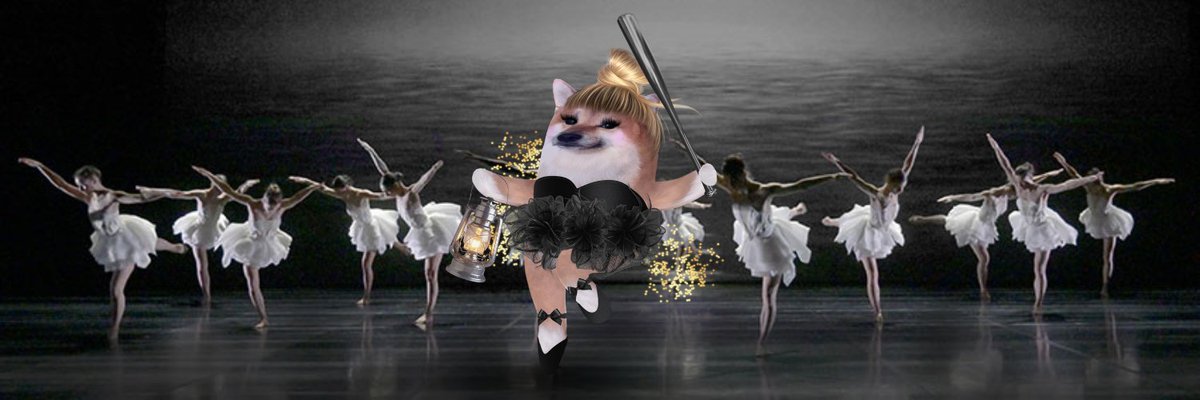
So what is the message of that little pup bonkerlina from all those years ago to everyone reading this?
Help Ukraine. In whatever way you can.
There so many children there who are just like me back then.
Scared. In danger.
Stand with Ukraine for freedom.
Slava Ukraini! 🇱🇹❤️🇺🇦
Help Ukraine. In whatever way you can.
There so many children there who are just like me back then.
Scared. In danger.
Stand with Ukraine for freedom.
Slava Ukraini! 🇱🇹❤️🇺🇦
• • •
Missing some Tweet in this thread? You can try to
force a refresh

